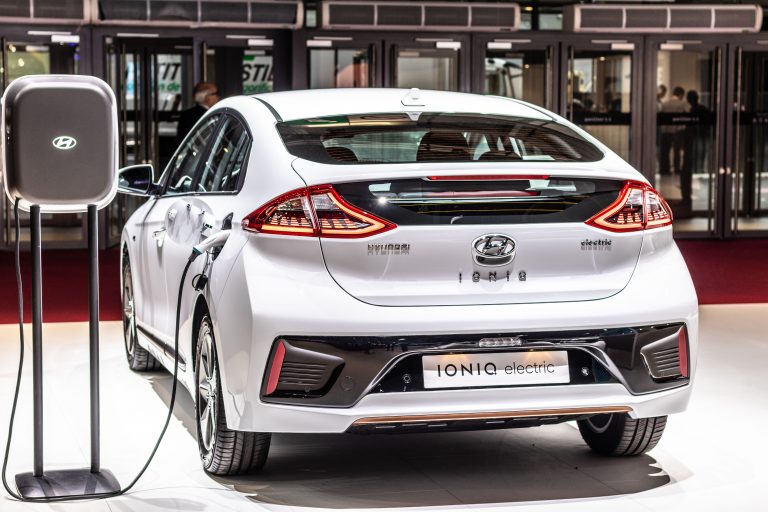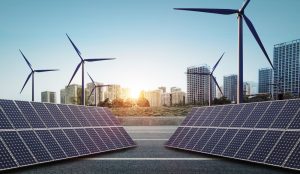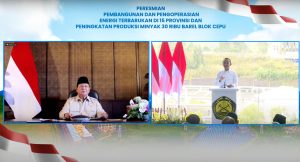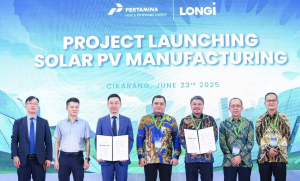Jakarta – Energy and financial research group, Institute for Energy Economics and Financial Analysis (IEEFA), at the end of March said that the government must anticipate a surge in sales of battery-based electric motorized vehicles (EV) that is not followed by sustainable EV market developments, including the risk of declining sales after end of incentives.
“Clear milestones and the downward trend in prices need to be a concern,” said Putra Adhiguna, IEEFA’s Energy Technologies Research Lead for the Asia region.
He said, infrastructure development related to EV must be encouraged simultaneously with incentive programs. The current incentive program looks like a race with the rest of ASEAN in encouraging EV investment.
Despite the electric vehicle narrative that seems to be based on domestic nickel resources, the battle is focused on efforts to build battery and EV manufacturers. Even without participating in the production of electric vehicles, Indonesia will only be burdened by the environmental impact of nickel exploitation while not gaining significant benefits from the adoption of more efficient EVs.
Along with the development of battery technology and composition, the world’s attention to the environmental impact of the nickel industry will be increasingly strengthened and must be managed to maintain Indonesia’s competitiveness. It is hoped that external initiatives such as the Inflation Reduction Act (IRA) in the United States and European Union policies will open the door for investment in the nickel industry that pays more attention to sustainable principles to improve industry standards.
Meanwhile, several Southeast Asian countries are competing to attract investment from EV manufacturers in response to the world’s growing trend of electric vehicles. Indonesia is in tight competition with Thailand, today’s leading automotive producer. Hyundai from South Korea and Wuling from China are already present in Indonesia, while the leading EV manufacturer from China, BYD, is starting construction of its factory in Thailand this month. The Philippines and Vietnam have also shown their interest.
The Philippines is the second largest nickel producer in the world after Indonesia, although the country has problems with their higher electricity prices. With various EV incentives rolled out in various countries, competition to become the center of the EV industry in ASEAN is getting tougher
On the other hand, the use of nickel-based batteries will continue to grow worldwide, possibly more for applications that require high performance such as vehicles with long distances.
“Ironically, it is not yet clear whether Indonesia’s nickel wealth will dominate the development of EVs in the domestic market. Given that most of Indonesia’s population owns two-wheeled vehicles and lower to mid-segment cars, cost considerations will very likely tilt the Indonesian EV market towards more affordable lithium iron phosphate (LFP) batteries,” said Adhiguna. (Hartatik)
Banner photo: Hyundai IONIQ electric at Mondial Paris Motor Show, 2018. (shutterstock.com)













